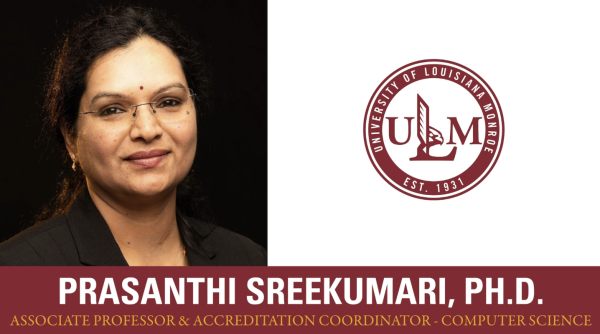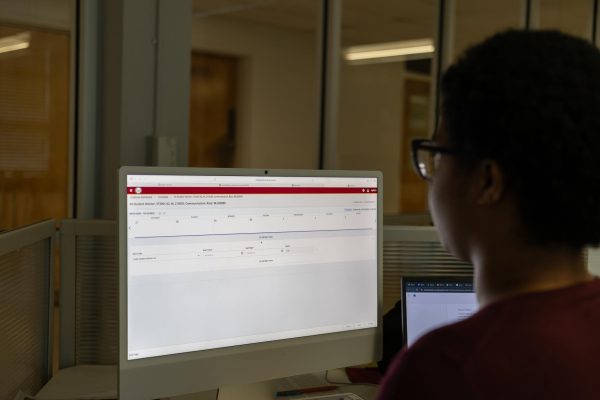ULM funds high school business academy with $1 million grant
Educational institutions can have all the ideas they want, but they can’t really do anything without proper funding. As of May 15, ULM now has this kind of funding.
ULM received over $1 million in grant money as part of the federal government’s Workforce Opportunity for Rural Communities initiative. The goal of the initiative was to select 13 organizations that needed help with projects for some type of workforce development.
ULM was accepted because their project fulfilled the objectives that the Employment and Training Administration was looking for in applicants.
The money will be used to fund a high school business academy. This academy will have ULM faculty teach business curriculum to 30 high school teachers from Monroe and West Monroe. The high school teachers will then teach a hybrid program consisting of in-classroom learning, virtual learning and mentoring to their students.
Carroll High School, Wossman High School and Neville High School are the first schools that will be able to participate in learning the basics of entrepreneurship, management, marketing and accounting. High school students can earn up to 18 college credits through participation in the academy.
“This successful grant initiative is a great example of a regional collaboration to address a critical need in preparing students for direct from high school careers or their pursuit of higher education,” President Ronald Berry said.
Berry said that this idea has been curating for the past couple of years with the help of Dean Blackett, a board member of the Louisiana Environmental Education Commission, Sue Nicholson, CEO and president of the Monroe Chamber of Commerce, and DRA federal co-chairman, Chris Caldwell.
Nicholson said the academy is a “program that will create jobs and build a more resilient community.” She believes that this grant is just the start of expanding the curriculum to the whole northeast Louisiana region.
With help from the Delta Regional Authority and partnership with the Appalachian Regional Commission and the U.S Department of Labor’s ETA, ULM and 12 other organizations now have the opportunity to improve local economic and skill development.




